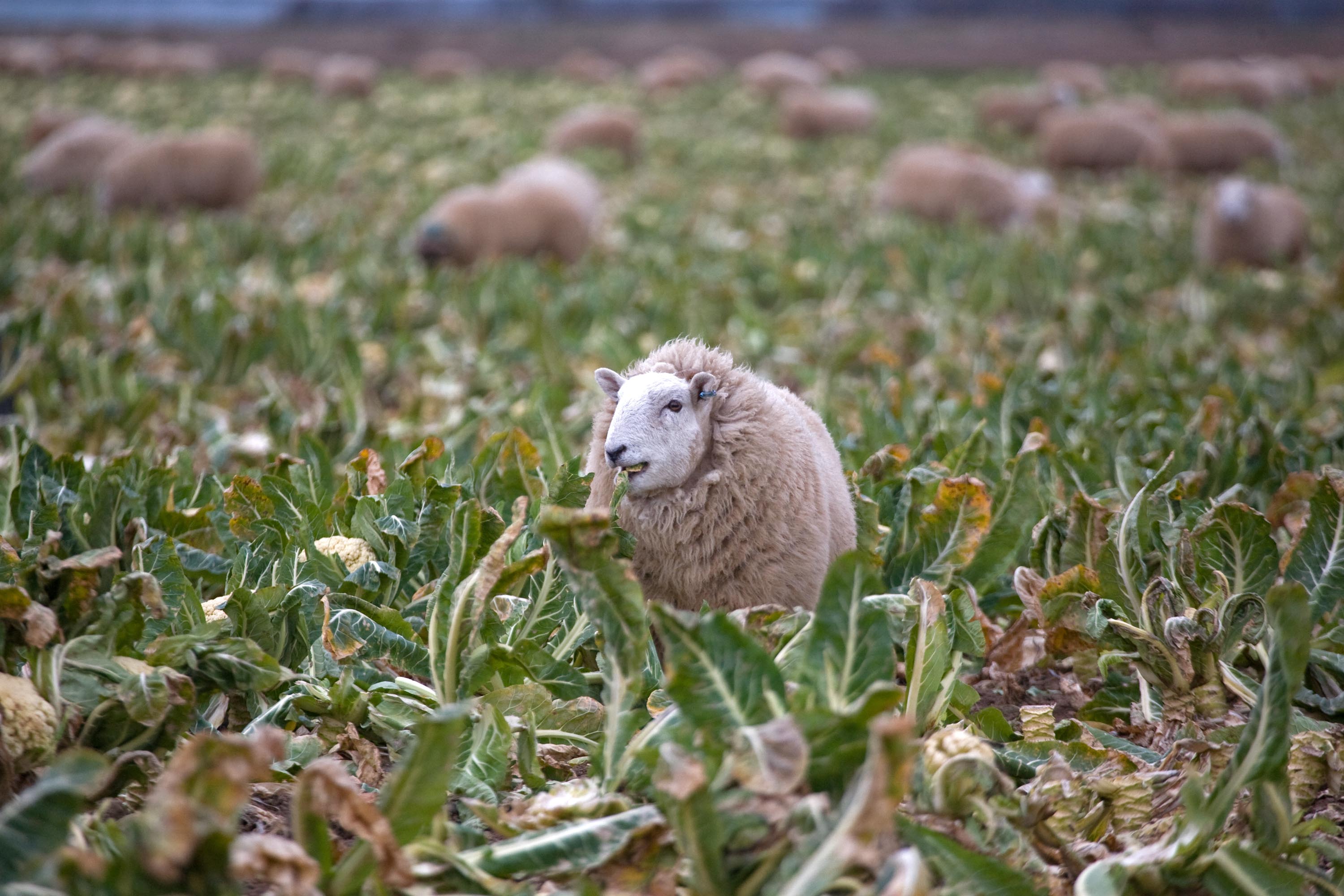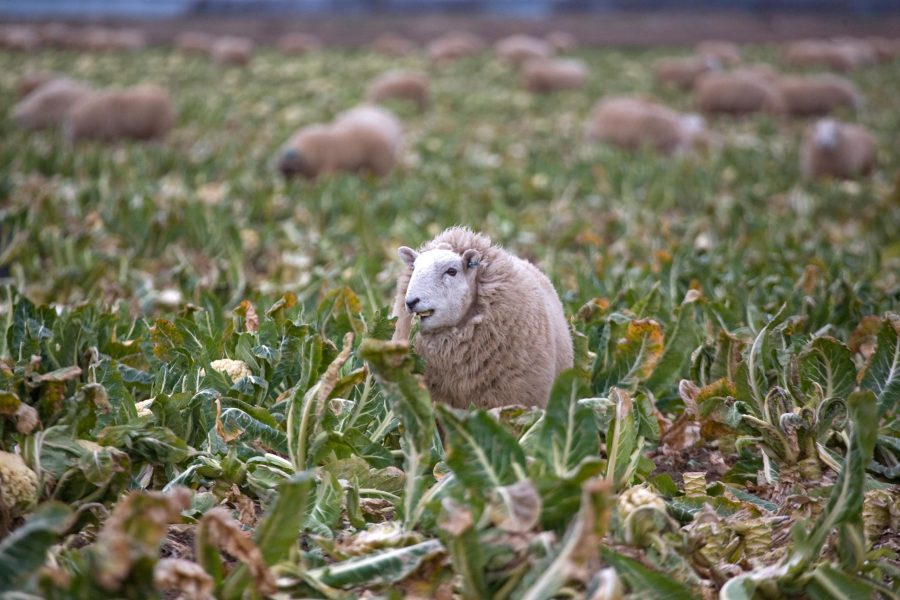 New measures to crack down on livestock worrying have been introduced in England and Wales this week through the Kept Animals Bill. Charlotte Cunningham reports.
New measures to crack down on livestock worrying have been introduced in England and Wales this week through the Kept Animals Bill. Charlotte Cunningham reports.
According to Defra, improved powers will enable the police to respond to livestock worrying incidents more effectively – making it easier for them to collect evidence and, in the most serious cases, seize and detain dogs to reduce the risk of further incidents. The measures include:
- Increasing the scope of livestock species and locations covered by the law, such as llamas, emus, enclosed deer, and donkeys. New locations will include roads and paths as long as the livestock have not strayed into a road.
- Increasing powers for the police to seize dogs after particularly serious incidents, if there is a reason to believe that dog might pose an ongoing risk to livestock. Currently, the police can only seize a dog for the purpose of identifying the owner, and it has to be returned to the owner once they have been identified.
- A new power to take samples from livestock and dogs suspected of an offence, which will help the police investigate these crimes. At present, most cases of livestock worrying don’t end up in prosecution due to a lack of evidence.
- Modifying powers of entry, meaning that police can enter a premises to identify and/or seize a dog or any items they believe to be evidence of an offence. Making dog control, disqualification and destruction orders available to the courts upon a conviction for the offence.
“Growing up on a farm, and having suffered from a dog attack at home, I know first-hand the devastating effect of livestock worrying and the distress that it causes farmers and animals as well as the financial implications,” said farming minister, Victoria Prentis. “We are cracking down on this issue by introducing new laws to tackle this offence and giving police more powers to act on reports of livestock worrying.”
Although it’s already a specific offence to allow a dog to worry livestock, with a maximum fine of £1000, these proposed reforms will address current enforcement challenges and modernise the legislation to ensure it remains fit for purpose. Since the implementation of the Dogs (Protection of Livestock) Act in 1953 the number of livestock in England and Wales has doubled and there has also been an increase in dog ownership and visits to the countryside.
“The NSA Sheep worrying survey 2021 highlighted the continued increase year on year of these devastating attacks and underlined the significant emotional cost experienced by farmers,” added Phil Stocker, National Sheep Association chief executive. “Due to the pandemic there are more people with more time to walk dogs than in the past and dog ownership has increased markedly – all of which have added to an increased threat to livestock and livelihoods.
“The NSA welcomes this new Kept Animals Bill that we hope will strengthen legislation to support local police forces and rural crime teams in resolving and hopefully stopping these incidents. We look forward to continuing to work with Defra, and other interested organisations, to address the issue of dogs attacking sheep and other livestock, to change behaviours and attitudes for the good of all.”




